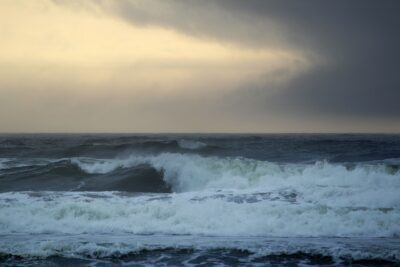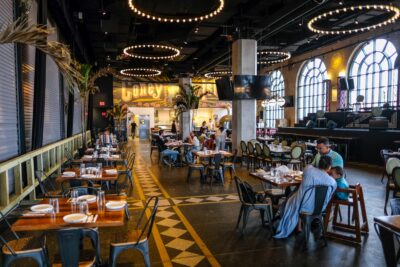Assuming is Dangerous: Talking with Gowanus-Based Artist Adrienne Elise Tarver
In almost every context, white men are the only makers afforded a blank canvas; everyone else gets qualified. When these qualifications (black, female, gay, on and on) bubble up without context, assumptions can take over the reading of the work—assumptions that the artist intended to employ the politics of race, of being female, of being anything other than an artist making work informed by, but not restrained by, their identity. It’s the ancient blunder of making an ass out of u and me.
When I talked to Adrienne Elise Tarver about what she’s been making, I wondered if these assumptions plagued her. They do, and it has influenced her work: Adrienne experiments with the powerful, mysterious force of the unknowable and the potentially destructive actions of claiming (or gaining) access to what’s not yours.
In the first of Adrienne’s two solo shows at Victori+Mo in Bushwick, the enigmatic Vera Otis was moving: miniature displays of her home were tucked into cardboard boxes with slits for viewing; quiet, shadowy videos looped all around. In the second show, Secrets of Leaves, which opened in late February, the idea of voyeurism moved to the jungle. We’ll walk inside walls of leaves, looking for hidden figures—but in a reversal, we’ll also be captured by Adrienne. She built this leafy cage for us.
For all the mystery, Adrienne is incredibly open and matter-of-fact. We met over Thai food (she ate her fried spring roll with a fork and knife, claiming she doesn’t usually do that; I ate with my fingers, burnt my mouth, then the roll fell apart), and then continued the conversation a few days later over Google chat. Here’s a portion of our conversation.

You told me that your work has been politicized without you intending for that.
I assume it’s because of my gender and/or race—I think it’s an easy opening and there are a host of assumptions people come to the work with if they know my gender and/or race. I mean, I started to think about these assumptions so much that it worked itself into my work—these ideas of intrusion/privacy and what we think we see and what we cannot see. I think it’s an interesting conversation for me to think about my work being politicized instead of talking about politics in my work.
What do you hope people see?
I hope to draw attention to the narrative the viewer is creating. That what you’re seeing is not necessarily what exists. I think in real life (and I’m including myself in this) we don’t question the conclusions we’re drawing often enough, and I think that has varying degrees of implications and problems. I guess I hope people are enticed to look and are either surprised by what they see or want to create their own narrative.


Let’s talk about your shows! Can you describe what your second solo show will be like, and how it will differ from the first?
Yeah: it’s peeking inside a private, domestic space [Stories of Shadows] versus exploring a tropical landscape [Secrets of Leaves]. The spectrum of intrusion is the most succinct way for me to explain how these two shows/bodies of work connect.
On one end of the spectrum, there is the innocuous intrusion of peeking in a window, probably undetected and letting yourself linger long enough to draw conclusions and maybe create a narrative about the person/people you see inside their private space. On the other end of the spectrum is taking this “permission” to look inside to the extreme and entering an inhabited space to claim for your own. This is where I’m looking at imperialist histories, ethnographic expeditions, human zoos etc.
The house photos/videos look at the tropes of film noir—Hitchcock’s Rear Window is probably the most direct example—and how intrusion is used as entertainment. But as I say that, I’m careful not to place too much judgement, especially on the low end of the spectrum. I’m nosey as hell and I am very guilty of looking in people’s windows when I walk down the street at night. I think we all fall on this spectrum somewhere and I’m curious where we might trip into immoral behavior.
I’m also curious about where I make assumptions about other people and what I cannot see or know about them. On the one side there’s an allure of mystery, and on the other side there’s the danger of assumption, especially when it comes to identities.

Photos by Jane Bruce
You might also like 




















